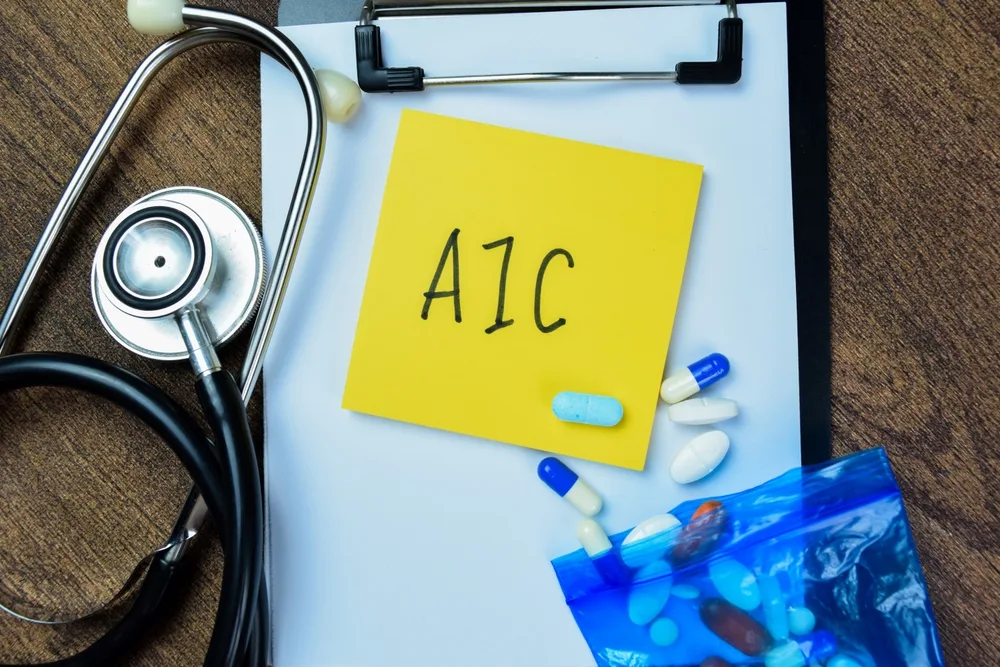Even if you are not 65 years old, an applicant may qualify for Medicare insurance as long as you meet certain other requirements. The Medicare program allows enrollment for people who have certain qualifying conditions or collect certain government benefits, regardless of how old they are.
You are entitled to Medicare if you receive Railroad Retirement Board (RRB) disability pension and meet certain conditions or if you have received Social Security disability benefits because you have Lou Gehrig’s disease or Amyotrophic Lateral Sclerosis (ALS).
You may also qualify for Medicare even if you are not 65 years of age as long as you meet one of these requirements:
- You are or were a government employee and meet the requirements of the Social Security disability program.
- You are a surviving child or spouse of a qualified worker, who is older than 50 years of age, and meets the requirements of the Social Security disability program.
- You have permanent kidney failure, or end-stage renal disease, and receive maintenance dialysis or are in need of a kidney transplant
If you have permanent kidney failure, you must also qualify to receive Social Security benefits, even if you do not currently collect, in order to be eligible for Medicare.
You are also automatically entitled to Medicare coverage if you have received Social Security disability benefits for 24 months.
If you receive disability benefits from Social Security or the RRB, the government automatically signs you up for Original Medicare on your 25th month of collecting benefits.
If you have ALS, you will not need to wait 24 months to receive coverage. Your Medicare plan will begin the month your disability benefits start.
Keep in mind that whether you are older or younger than 65 years old, you may qualify for free Medicare Part A coverage.
Read on to learn about the requirements for Medicare Part B and more.
By Admin –




